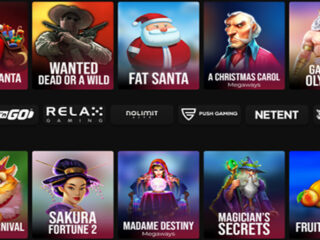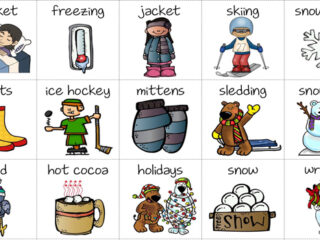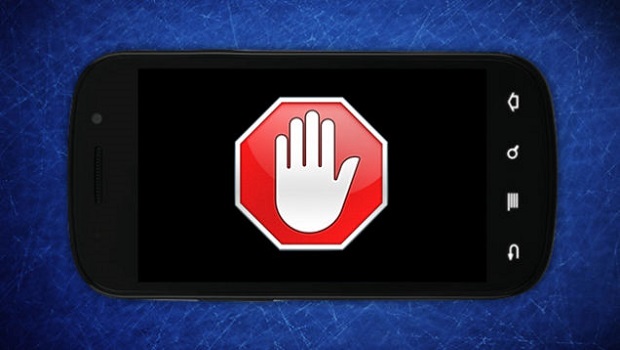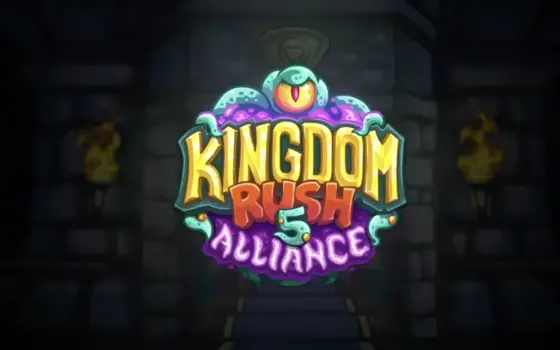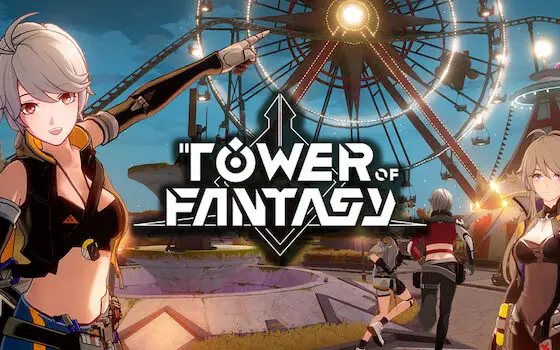Parents and their credit cards can now have a sigh of relief, as “free–to-play” games can no longer be advertised as free and tighter regulations will be put in place to prevent unwanted charges.
The European commission, which has been investigating the ongoing issue of unwanted in-app purchases, released guidelines this week that request developers and app stores to cease advertising games as “free” when they include in-app purchases.
In its guidelines, the commission asks that games advertised as free do not mislead consumers about their true costs. This means that games can not directly ask children to make purchases (or to have a parent make purchases for them), make it clear how payments are made, and provide an email address that consumers can contact with questions and complaints.
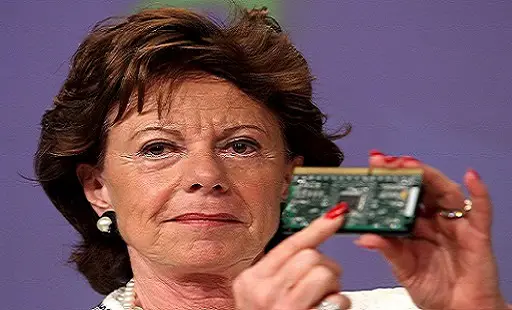
Google has agreed to add protections around games’ that offer in-app purchases to ensure that children won’t rack up unwanted charges on their parents’ credit cards and has since agreed to put these changes into effect by the end of September.
“In-app purchases are a legitimate business model,” European Commission vice president Neelie Kroes says, “but it’s essential for app-makers to understand and respect EU law while they develop these new business models.”
Currently the changes are exclusive to Europe. In the US, Federal Trade Commission recently issued a lawsuit against Amazon in an attempt to make it refund “millions of dollars” in unauthorized charges.



